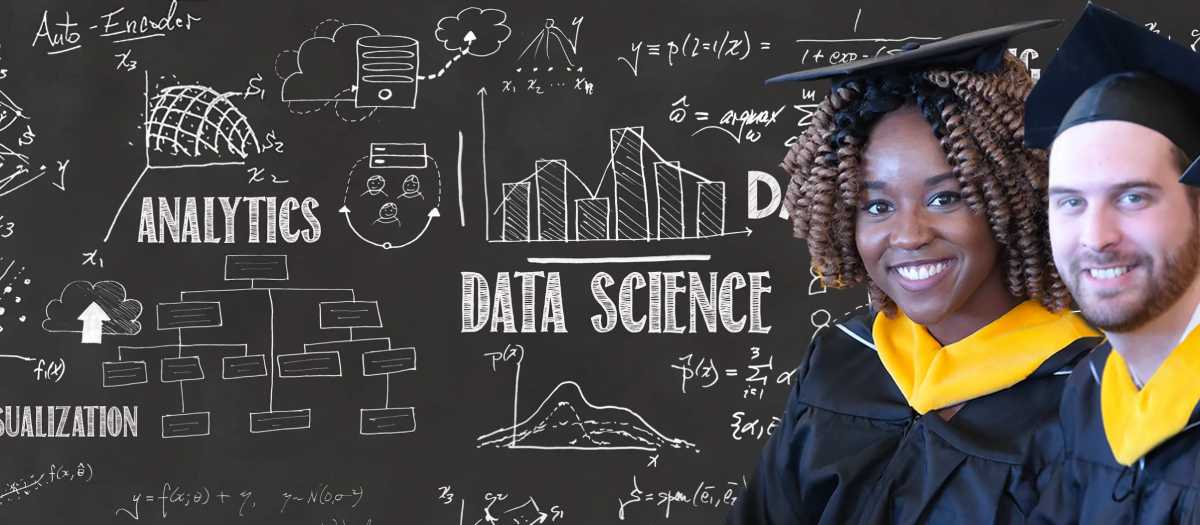A master's degree is awarded to students who have completed undergraduate studies in a specific field or area of professional practice demonstrating a high level of competence.

The Master's degree is aimed at graduates interested in the analysis and management of data and information who want to play a key role in the creation of value within any type of business: the role of the Data Scientist, defined by The Economist as "the most interesting profession of the twenty-first century, combining the skills and expertise of IT technologists, statisticians and disseminators to extract the nuggets of gold hidden beneath mountains of data". The Master's course aims to train professionals by providing them with interdisciplinary skills and enabling them to successfully interface with corporate management. With this in mind, the Master's course aims to provide a diverse range of expertise, encompassing the design and implementation of databases and information sources, the design and development of computer algorithms, the understanding, analysis and management of information, as well as economic-legal and managerial aspects related to Data Science.
The Master's course is preferably addressed to graduates (at least first level) in Computer Science, Engineering, Physics, Mathematics, Statistics. Holders of a degree in other disciplines, who have proven work experience of several years in the field of computer science, may also apply.
It lasts one year, alternating between frontal classroom training and field training in companies. It relies on four sponsoring companies that provide their data and real cases for students to confront real industry challenges.
To become a Data Scientist, one needs at least a university degree, almost always in subjects with a scientific focus: Mathematics, Engineering, Physics, Computer Science, Statistics, Economics.
Data Scientists mostly work in the fields of finance, retail, e-commerce and marketing.
Although it is possible to become a Data Scientist without a degree by gaining experience in the field, the ideal starting point for acquiring the ideal basis for building a successful career in the field of data analysis is a degree course in computer science or mathematics.
The average salary as a Data Scientist is USD 125,000 per year in the selected location (New York, USA area). The average additional cash compensation for the role of Data Scientist, New York, United States area is USD 12,500, ranging from USD 5,000 to USD 30,000.
We would recommend the Master's degree, because it should be more theoretical. data scientist should have very good knowledge of statistics, be able to program and understand data bases and to finish should try to understand business.
A data scientist is responsible for developing strategies for data analysis, preparing data for analysis, exploring, analysing and visualising data, creating models with data using programming languages such as Python and R, and implementing models in applications.
The Data Scientist is a key figure for the company because: He/she ensures that crucial information for business growth is not lost that would otherwise be ignored. He manages to transform information into full-bodied and well-organised databases. He transforms the abstract reading of data into concrete actions.
To become a Data Analyst, the most suitable education is a degree in a scientific subject such as Statistics, Mathematics, Computer Science, Computer Engineering, Data Science, or in Economics, Finance or Business Administration.